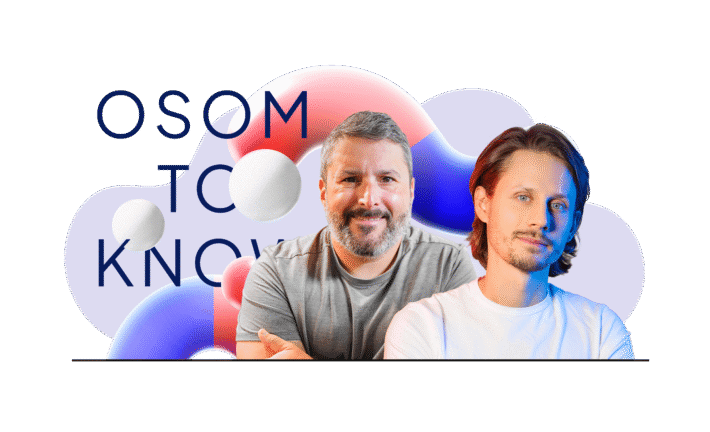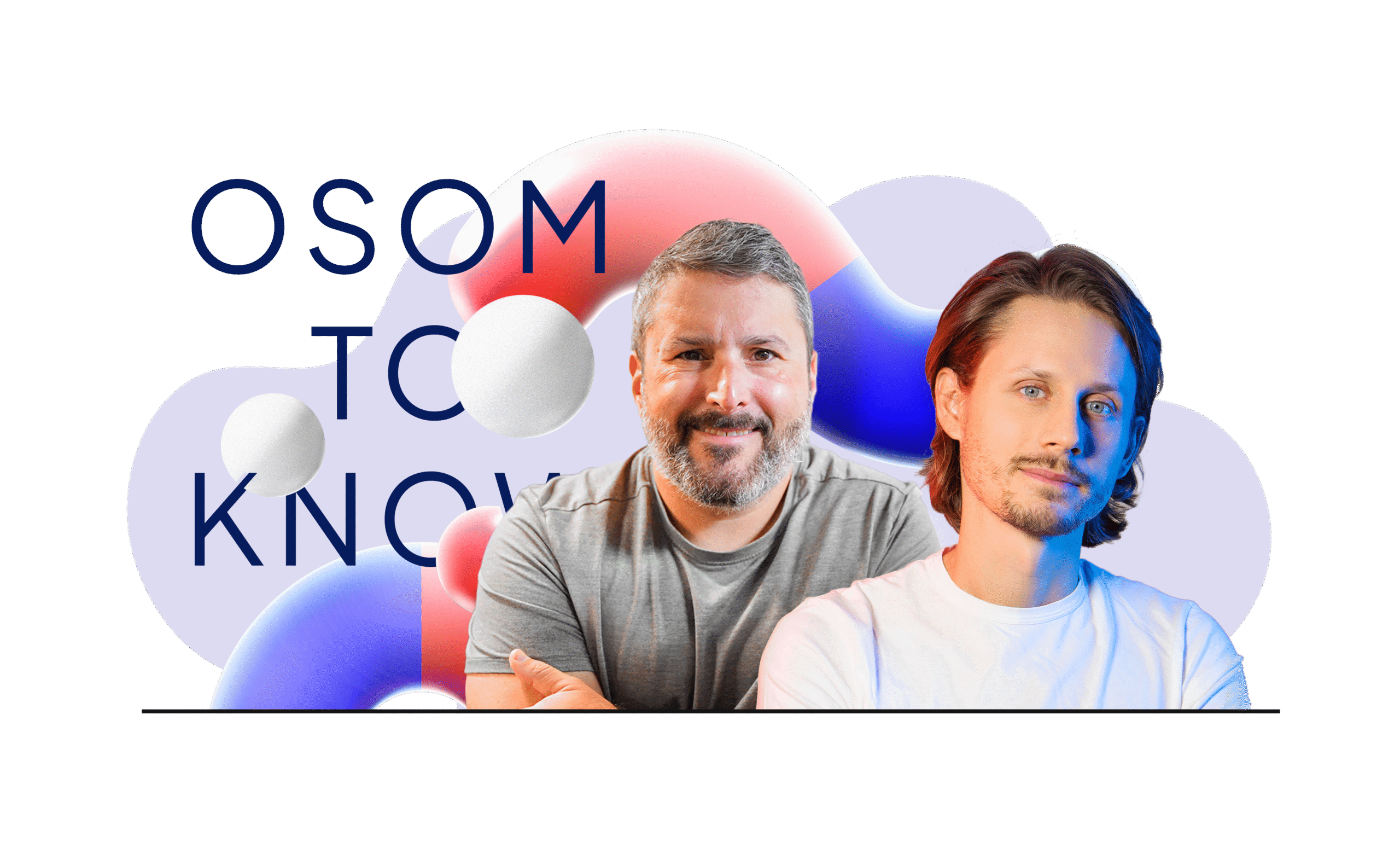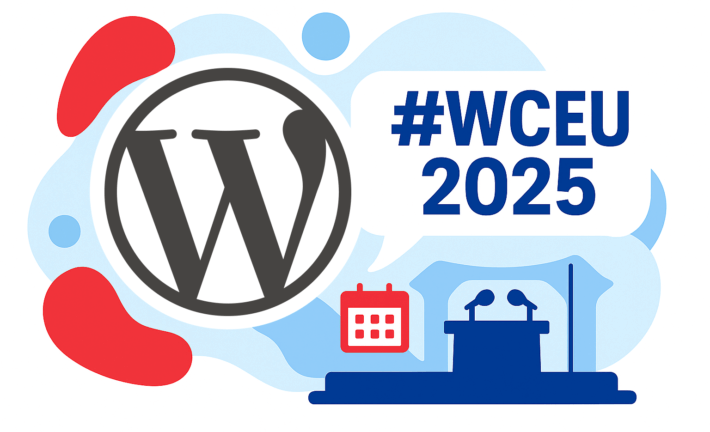
How can AI transform Your WordPress Agency? Interview with Matt Medeiros
In this episode we talk with Matt Medeiros who outlines how WordPress agencies can stay relevant and profitable in an AI-driven future – without sacrificing their clients, or team.
Matt Medeiros is a seasoned voice in the WordPress ecosystem. He’s the host of the long-running podcast “The WP Minute” and founder of the agency-focused platform Castos, with years of experience supporting product creators, freelancers, and digital agencies. As a former agency operator himself, Matt brings a grounded and practical perspective to how WordPress professionals can navigate change – especially in an era shaped by AI.
Matt shared how many agency leaders are caught between pressure to adopt AI and fear of using it wrong. Some clients expect lower prices due to AI efficiencies, while others expect agencies to be the AI experts on their behalf. The real win, he notes, is when AI enables deeper human relationships, not just faster delivery.
Why Productized Services Are the Future for WordPress Agencies
Matt explained that productization helps agencies escape the burnout cycle of reinventing deliverables for every new client, and gives them leverage to confidently scale without sacrificing quality. He pointed out that one of the biggest blockers to growth is over-reliance on highly customized work, which often leads to bottlenecks, inconsistency, and margin erosion. By contrast, productized services provide clarity for both the team and the client – making sales easier, timelines more predictable, and client expectations easier to manage.
Successful agencies will develop reusable systems, templates, or tightly scoped services that improve over time.
AI rewards repeatable value – and punishes reinvention for its own sake. Not every agency needs to launch a SaaS, but those that want to grow sustainably should systematize what they do best, instead of building someone else’s IP over and over again.That’s why Matt stresses the shift from one-off services to productized offerings. That’s how you scale intelligently in an AI-enhanced world.
Practical Ways Agencies Can Use AI to Eliminate Bottlenecks
Agencies should start by using it to eliminate friction in places where their team is wasting time – whether that’s in onboarding, documentation, or internal knowledge transfer. Having AI tools can drastically improve team productivity. This not only saves time, but also ensures clearer accountability and follow-up, freeing up project managers and team leads to focus on higher-impact collaboration. Matt pointed out that even small wins, like having AI summarize meetings or prep briefs, can reclaim hours each week and drastically improve team focus.
Agencies should start by using it to eliminate friction in places where their team is wasting time:
- Use ChatGPT to pre-fill discovery docs or briefs
- Generate baseline documentation for new projects
- Automate status updates or project summaries
Less administrative work = more room for creativity, relationships, and actual outcomes.
Don’t Cut People. Reposition Them.
One of Matt’s strongest warnings is for agencies reacting to AI with layoffs. That’s not innovation – that’s panic. Matt explained that such reactive decisions can unintentionally erode morale and diminish the creative resilience that agencies need most in times of change. Instead, he advocates for a more thoughtful approach: using AI as a support tool that enables teams to focus on higher-value, relationship-driven work rather than cutting roles prematurely.
AI isn’t here to eliminate roles – it’s here to reshape them.
Rather than reducing headcount, forward-thinking teams are reallocating talent from repetitive execution to more strategic, creative, or relationship-driven work. When teams stop spending energy on repetitive tasks, they often unlock previously untapped creativity and operational insight. For example, one agency he spoke to reallocated a project coordinator’s time from status emails to client strategy sessions – resulting in better project alignment and a more satisfied client base.
Matt noted that when agencies shift people into higher-leverage roles, the results are often immediate – including better retention, stronger culture, and more engaged clients. The question isn’t “who can AI replace?” It’s: “What could this person do if they didn’t have to write the same email 10 times a week?”
Build Authority by Testing AI in Workflows
Some of the most compelling agency case studies today are born from behind-the-scenes experiments – not polished launches. Transparency builds trust, and documenting your process makes it easier for clients to follow your lead. Matt emphasized that these shared learnings, especially when discussed publicly or with peers, often become strategic differentiators.
Matt recalled seeing agencies gain unexpected traction simply by sharing what they were testing internally, whether that was an AI-driven QA workflow or a content-generation tool still in beta. These moments of openness often spark curiosity and trust among clients looking for forward-thinking partners.
Show your work, no matter how early-stage. You don’t need to launch the next Elementor.
Agencies that are open about their iterative process tend to attract clients who value innovation and collaborative growth. Start with a tiny AI-powered tool or internal workflow, test it with clients, and talk about what worked (and what didn’t). This builds authority, shows adaptability, and helps attract aligned clients.
What PressConf Revealed (That Most Confs Don’t)
One key backdrop to the interview is Matt’s role as moderator at PressConf – a business-first WordPress event where agencies speak candidly without recordings or buzzwords. Unlike traditional WordCamps, PressConf focused on agency operations, the evolving enterprise space, and the strategic implications of AI. Matt emphasized that PressConf exposed a common thread:
Agencies are overwhelmed by AI hype, but also deeply curious.
The off-the-record format allowed leaders to share both failures and breakthroughs, making it clear that navigating AI is less about tools – and more about mindset. He noted that many of the most honest conversations happened during hallway chats and roundtables, where agency owners felt safe to admit uncertainty, share use cases, or ask hard questions without fear of judgment. According to Matt, this format created a rare sense of alignment – not around specific tools, but around the need for strategic clarity in a time of great technological change.

Full episode with Matt Medeiros
Want to hear the full conversation with Matt Medeiros? Check out the latest 🎙️ Osom to Know podcast.
You can also watch us on our YouTube – don’t forget to hit subscribe! 📩
Curious how it would be to work with WordPress agency that balances AI? Let’s connect.
Next article
